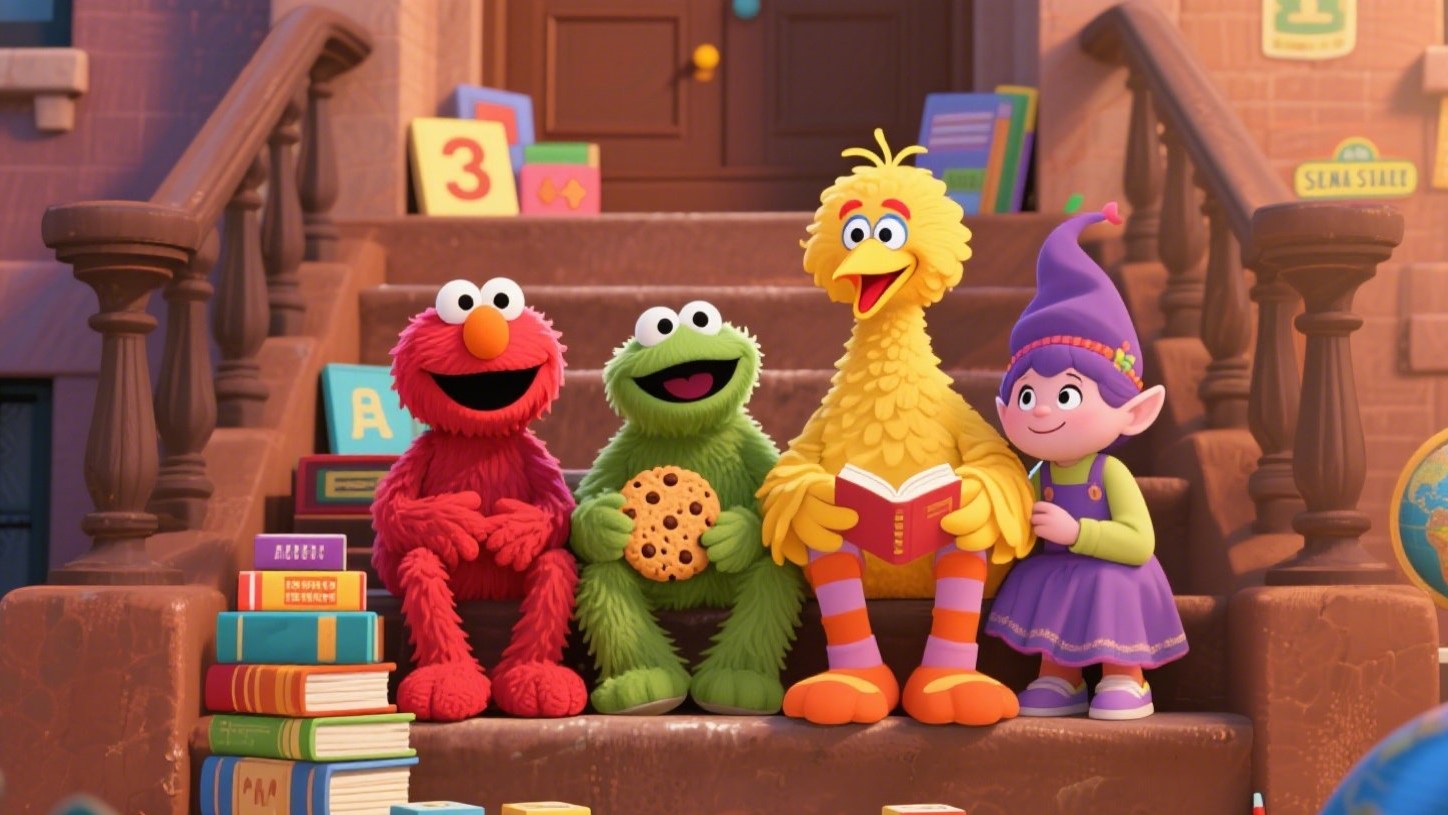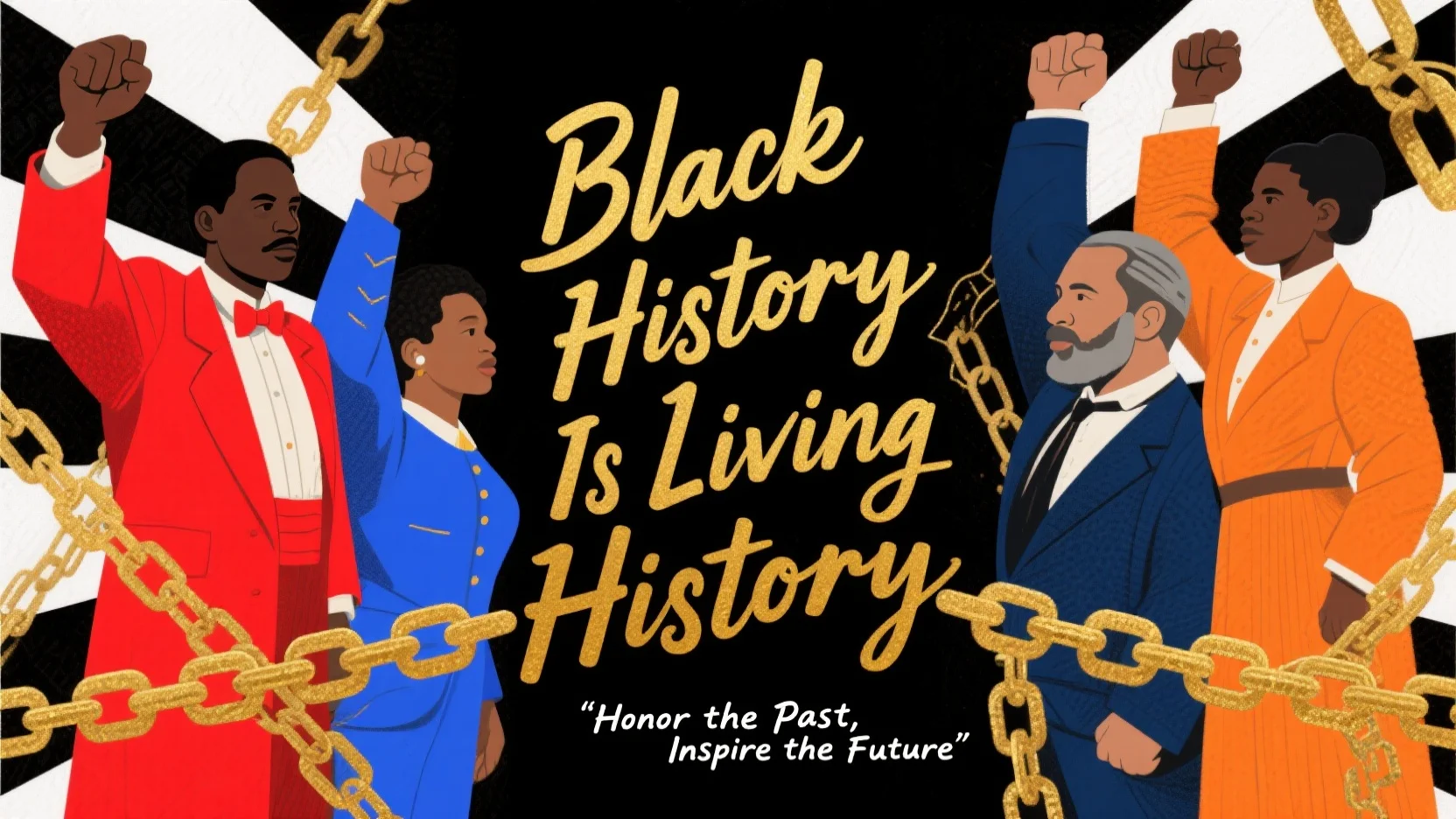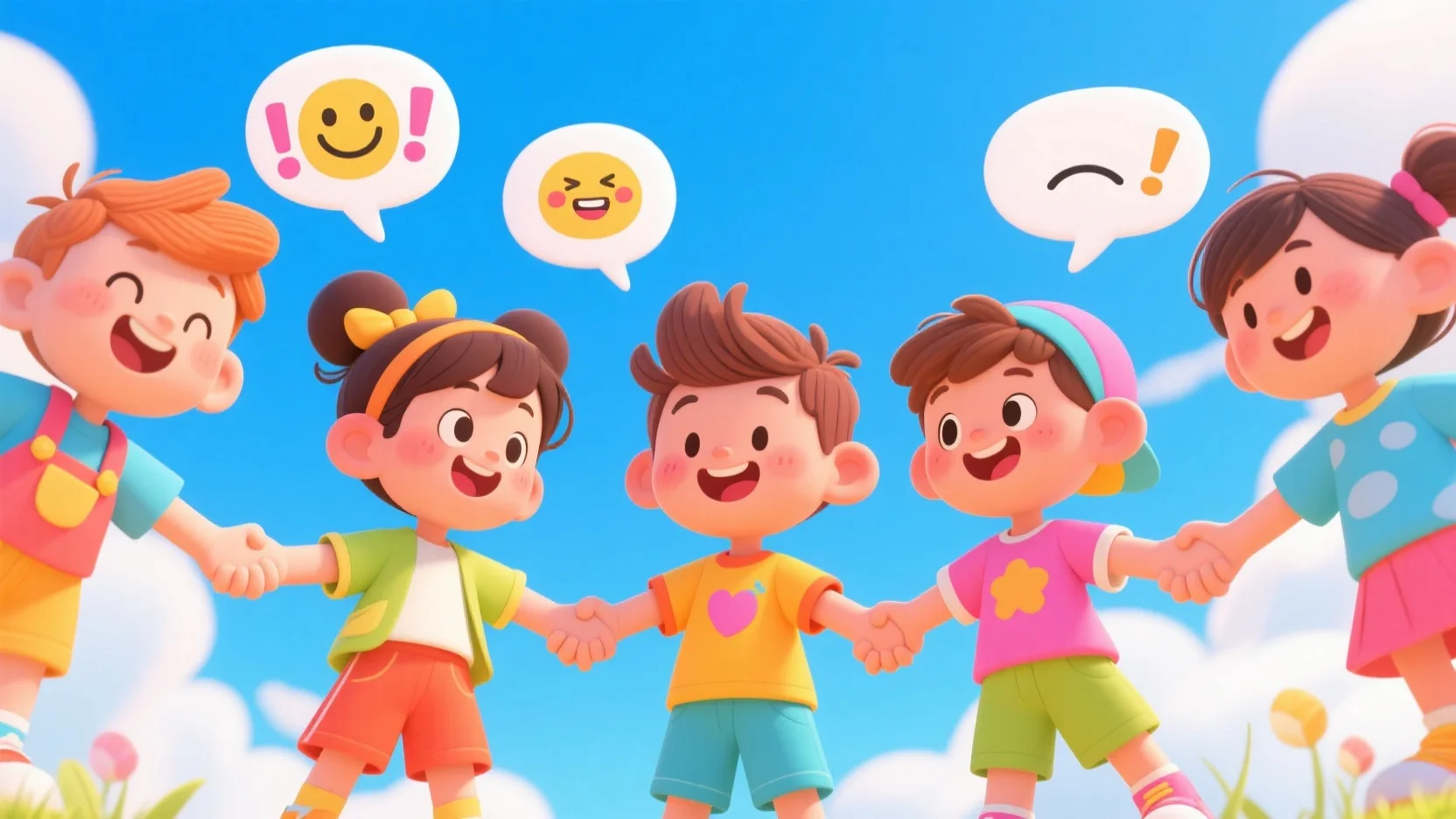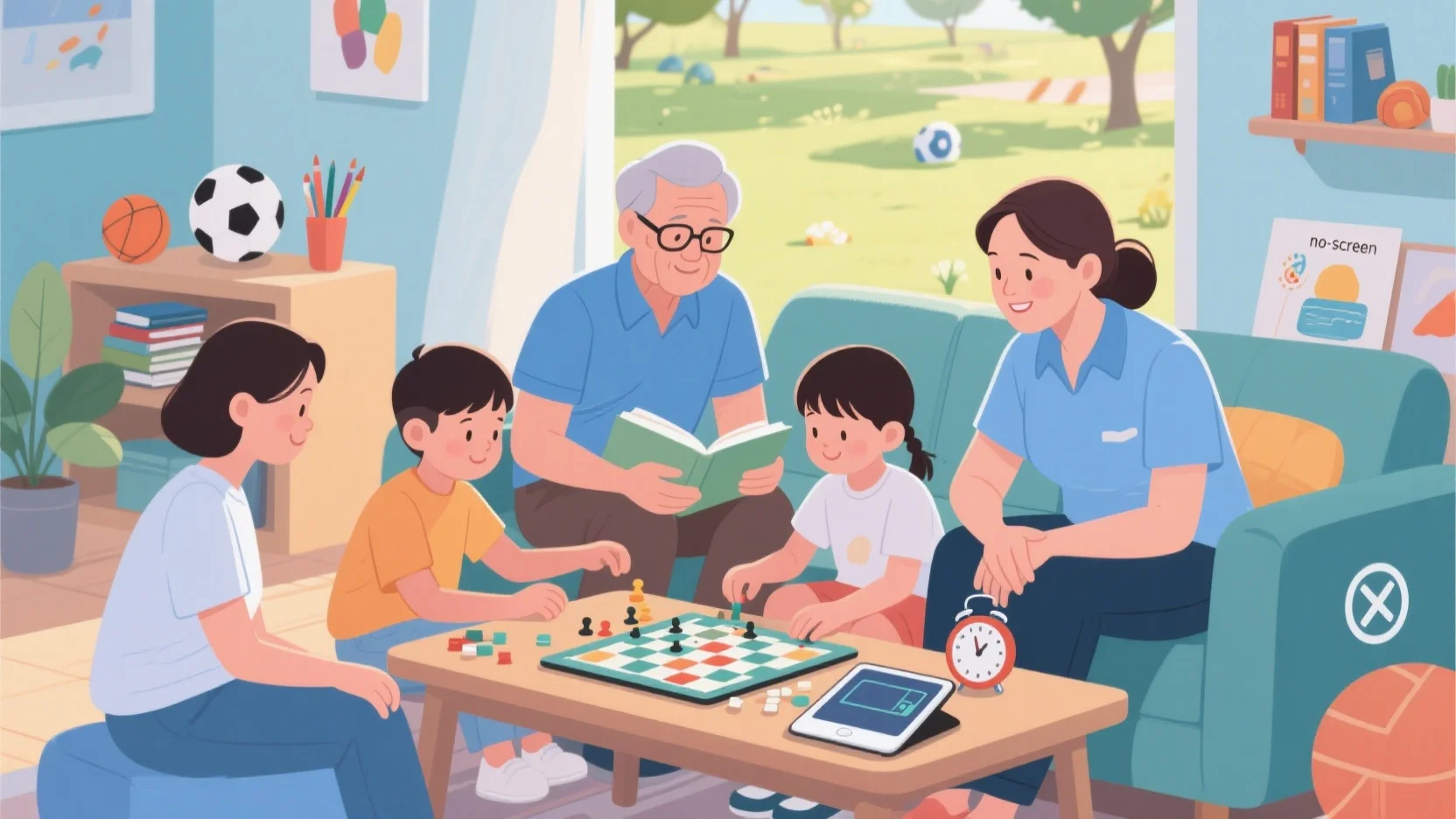What Is The Most Successful Educational Children’s TV Show?
The answer is Sesame Street.
Since its premiere in 1969, Sesame Street has stood as the most influential and enduring educational TV show for children. It blends entertainment with real, research-backed learning, reaching generations of kids across the world.
Built on Research, Not Just Entertainment
Sesame Street was one of the first children’s programs developed with input from child psychologists, educators, and curriculum designers. The creators had a clear mission: use the power of television to help young children—especially those from underserved communities—prepare for school.
Every episode is grounded in lessons that focus on early literacy, basic math, social-emotional skills, and cultural awareness. Rather than simply entertain, the show aims to teach through repetition, storytelling, and music.
Proven to Help Children Succeed
What sets Sesame Street apart is its measurable impact. Numerous studies have confirmed that regular viewers:
- Enter school with stronger vocabulary and number sense
- Show improved focus and self-regulation
- Demonstrate better emotional understanding and empathy
One long-term study found that children who watched Sesame Street were just as likely to perform well in school as those who attended pre-K programs. In lower-income households, the show has helped narrow the achievement gap.
A Global Educational Powerhouse
Sesame Street reaches children in more than 150 countries, often through localized versions that reflect each region’s culture, language, and challenges. For example:
- In South Africa, Takalani Sesame introduced HIV-positive Muppet Kami to reduce stigma.
- In Afghanistan, Baghch-e-Simsim promotes gender equality and access to education.
- In Germany, Sesamstrasse adapted lessons on migration and diversity for refugee families.
This international reach makes it one of the most recognized educational brands in the world.
Iconic Characters with Purpose
Children remember lessons best when they connect emotionally—and Sesame Street’s Muppets are key to that success:
- Elmo helps preschoolers navigate curiosity and kindness
- Big Bird represents innocence and the joy of discovery
- Cookie Monster makes lessons on self-control and sharing approachable
- Abby Cadabby, Grover, and others each model different learning styles and emotions
By embedding educational themes into each character’s storyline, children absorb lessons without even realizing they’re learning.
Adapting to New Generations
Part of Sesame Street’s lasting success comes from its ability to evolve. Over the years, the show has tackled difficult but relevant topics in age-appropriate ways, including:
- Autism awareness through Julia, a four-year-old autistic Muppet
- Death and grief in episodes like the farewell to Mr. Hooper
- Racial identity, kindness, and belonging in recent specials
The show has also expanded beyond traditional television, reaching children on YouTube, streaming platforms, mobile apps, and educational games—wherever young audiences now engage with content.
More Than a Show—A Legacy
Few children’s programs have achieved what Sesame Street has:
- It has aired for over five decades
- It has won over 200 Emmy Awards
- It continues to influence educational content and public policy
Parents trust it. Educators recommend it. And children love it. Whether you’re looking for the best educational TV show for your child or researching the roots of impactful kids’ programming, Sesame Street remains the clear frontrunner.








